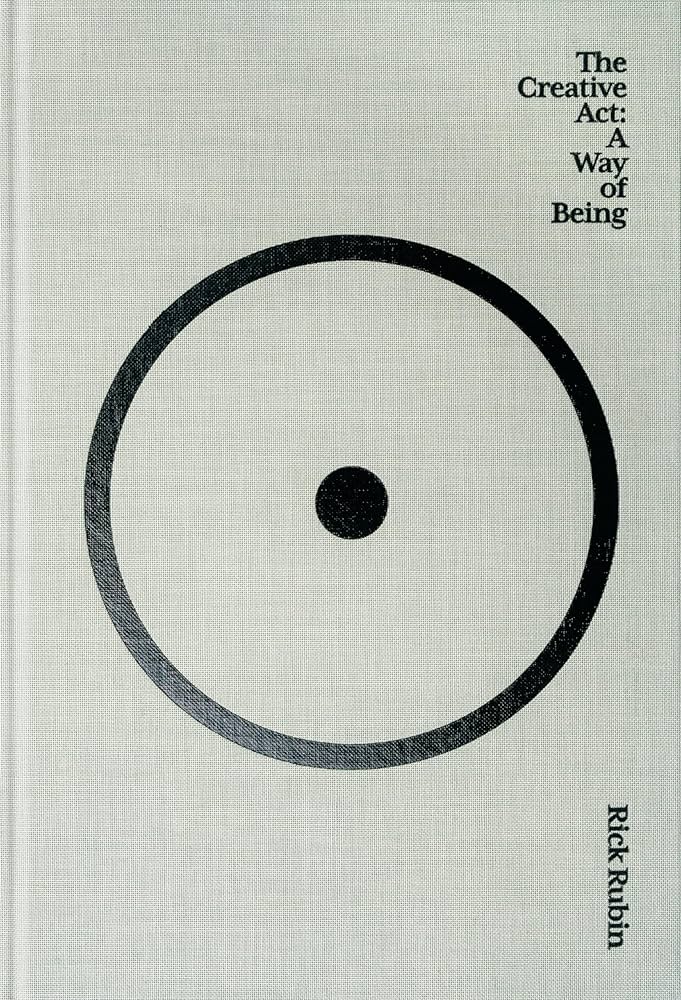A Whisper Out of Time
byA Whisper Out of Time reflects on the unpredictable and often subtle nature of inspiration, reminding artists that the initial scale of an idea does not determine its final impact. Many creators fall into the trap of believing that only grand, earth-shattering concepts are worth pursuing, dismissing the quiet, unassuming sparks that appear in daily life. This essay challenges that notion, suggesting that the most profound works often begin as fleeting thoughts, seemingly insignificant whispers that only reveal their potential when nurtured over time.
The chapter explores the internal dialogue that many artists experience—the search for a defining moment, a singular event that ignited their creative path. This quest for a “lightning strike” of inspiration can lead to frustration, as the most meaningful ideas often do not arrive with grandeur or immediate clarity. Instead, they emerge in fragments—a line of dialogue overheard in a café, a shadow cast in a particular way at dusk, or an emotion stirred by an old photograph. The chapter argues that these quiet moments, though easy to overlook, carry the same creative weight as dramatic revelations and should not be dismissed.
Rather than waiting for a powerful signal to validate an idea, the text encourages artists to recognize inspiration in its most delicate forms. The expectation of a loud and unmistakable calling to create can cause many to ignore the smaller, more nuanced origins of their best work. Like seeds scattered by the wind, these whispers of inspiration may appear insignificant at first, but given the right attention, they can grow into something extraordinary. The key lies not in the initial intensity of the idea but in the willingness to explore and develop it with patience.
Creativity is not always about chasing monumental breakthroughs; sometimes, it is about listening to the quiet cues that present themselves throughout daily life. Many great works of art, literature, and music have sprung from what seemed at first like trivial observations or random musings. The text illustrates this by noting how some of history’s most influential artists and thinkers credited their success not to a single moment of divine inspiration but to their ability to recognize and nurture the small sparks that others might ignore.
The chapter suggests that inspiration is more like a whisper than a shout—subtle, elusive, and often dismissed. Those who learn to listen carefully, to be attentive to the world around them, will find themselves surrounded by creative possibilities. This practice requires a shift in mindset, moving away from the belief that ideas must arrive fully formed and instead embracing the process of discovery. Every masterpiece begins as a fragment, and it is through dedication and curiosity that it evolves into something meaningful.
By shifting the focus from the grandeur of an idea’s inception to the commitment of the artist in shaping it, A Whisper Out of Time redefines how creativity is perceived. It urges creators to move beyond the need for dramatic revelations and instead cultivate a habit of noticing, collecting, and developing even the most modest of ideas. This approach not only makes inspiration more accessible but also relieves the pressure of having to wait for a life-changing moment before beginning the work.
The chapter ultimately celebrates the infinite potential hidden in the smallest of creative sparks. It reminds artists that their greatest works may not always begin with a dramatic epiphany but rather with a simple, quiet moment of curiosity. By staying open to these whispers, by allowing them space to grow and transform, creators unlock a world of limitless artistic possibility, proving that inspiration is not about volume—it’s about attentiveness and trust in the process.


